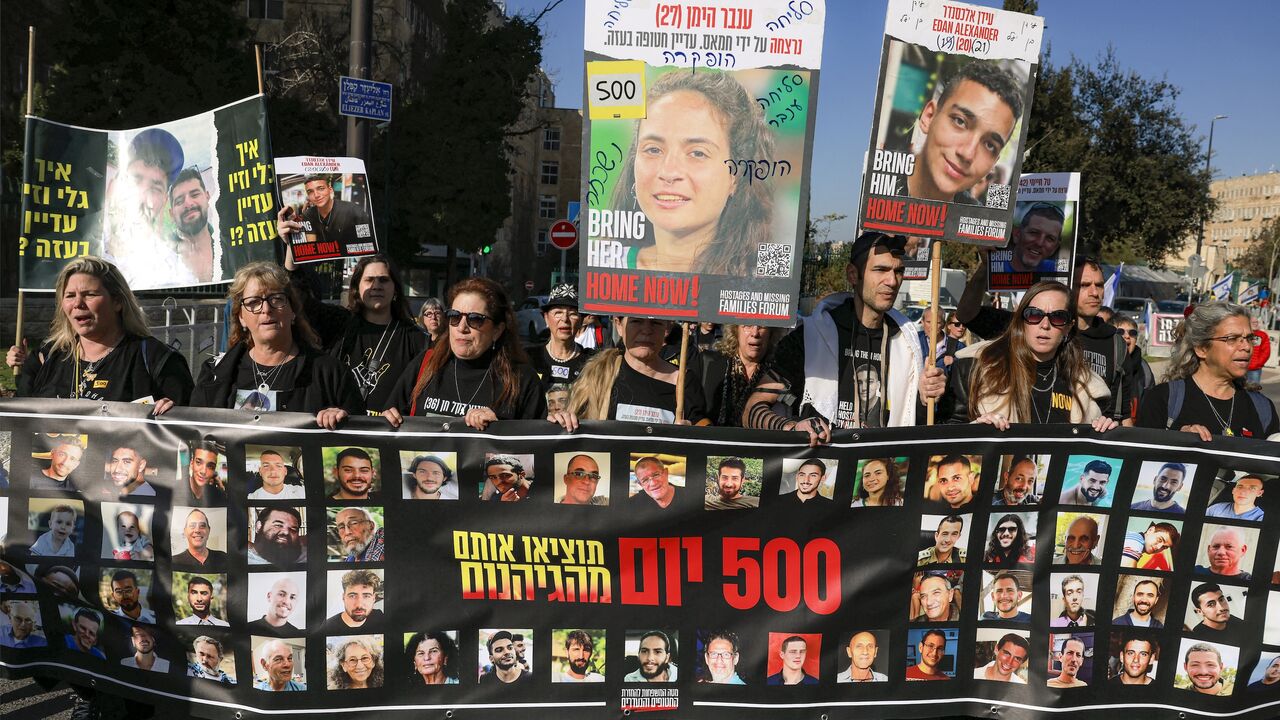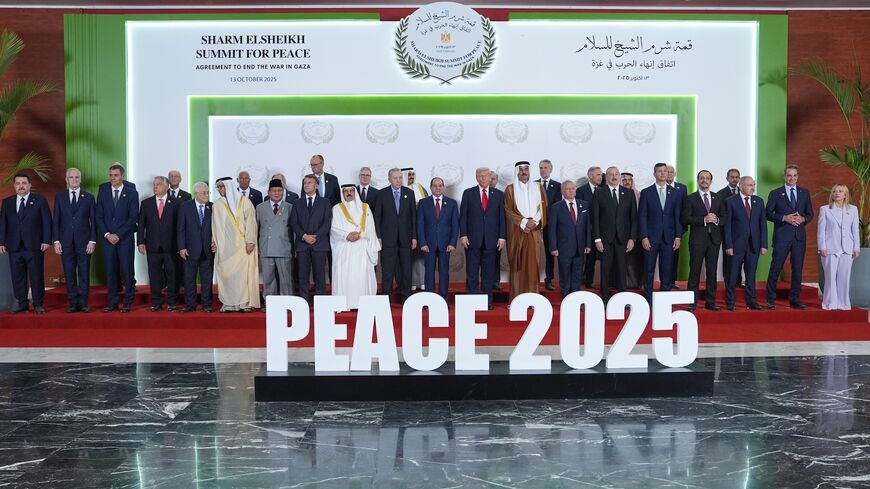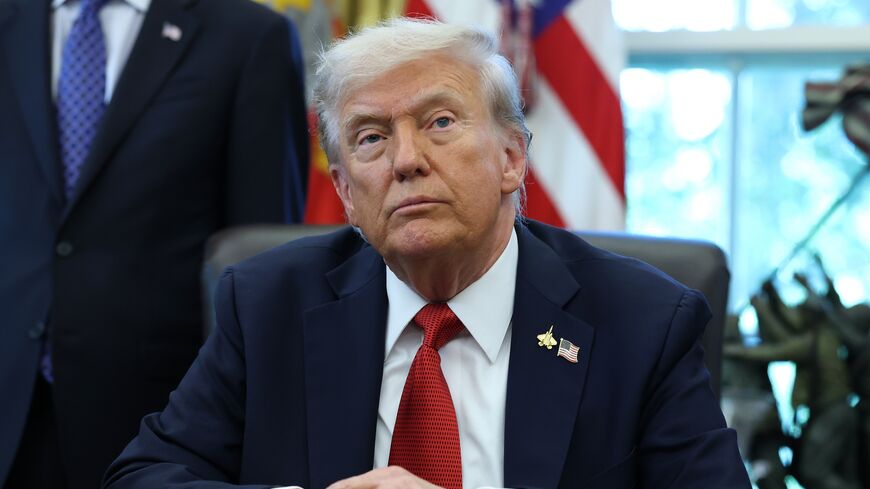Trump says Israel, Hamas 'sign off' on phase 1 of Gaza truce deal
The announcement comes after key mediators, including from the Trump administration, joined the talks in Egypt.

WASHINGTON — Israel and Hamas have reached a deal to exchange the remaining hostages in the Gaza Strip for scores of Palestinians held in Israeli prisons.
"I am very proud to announce that Israel and Hamas have both signed off on the first Phase of our Peace Plan. This means that ALL of the Hostages will be released very soon, and Israel will withdraw their Troops to an agreed upon line as the first steps toward a Strong, Durable, and Everlasting Peace," President Donald Trump posted on Truth Social Wednesday night.
He added, "All Parties will be treated fairly! This is a GREAT Day for the Arab and Muslim World, Israel, all surrounding Nations, and the United States of America, and we thank the mediators from Qatar, Egypt, and Turkey, who worked with us to make this Historic and Unprecedented Event happen. BLESSED ARE THE PEACEMAKERS!"
Israeli Prime Minister Benjamin Netanyahu also released a statement saying, "With God's help we will bring them all home," in reference to the hostages in Gaza. In a follow-up post on X he wrote, "A great day for Israel. Tomorrow I will convene the government to approve the agreement and bring all our dear hostages home."
Netanyahu’s office later announced that the prime minister had a “very emotional and warm conversation” with Trump and extended an invitation for him to address the Knesset.
Hamas also confirmed Wednesday night that the group had agreed to Trump's proposal. "We announce the reaching of an agreement stipulating an end to the war on Gaza, the withdrawal of occupation forces, the entry of aid and an exchange of prisoners," the group said in a Telegram post.
Hamas further called on Trump as well as regional and international parties to compel Israel to implement the deal.
The White House announcement follows Trump’s Sept. 29 unveiling of a 20-point plan to bring an immediate end to the war, free the hostages, surge aid to Gaza and pave the way for new governance in the Palestinian enclave. The plan stipulates that Hamas hand over the 48 remaining hostages, 20 of whom Israel believes are still alive, and in return Israel would release 250 Palestinian prisoners serving life sentences and 1,700 others detained during the Gaza war. It would also hand over the bodies of 15 Gazans for every deceased hostage that Hamas releases.
Negotiators from both sides descended on the Egyptian city of Sharm el-Sheikh Monday for several days of indirect talks aimed at finalizing the list of prisoners and hostages to be released as well as establishing the parameters of Israel's phased military withdrawal. The more contentious elements of the Trump-backed plan — such as Hamas’ disarmament and Gaza’s future governance — were not the focus of the talks.
Majed Al Ansari, a spokesperson for Qatar’s Foreign Ministry, said in a subsequent statement that “an agreement was reached on all the provisions and implementation mechanisms of the first phase of the Gaza ceasefire agreement, which will lead to ending the war, the release of Israeli hostages and Palestinian prisoners, and the entry of aid.” He added, “details will be announced later.”
Earlier Wednesday, Trump suggested that he would travel to the region if a deal is clinched. "I’ll be going to Egypt,” he told reporters in the Oval Office.
US envoy for the Middle East Steve Witkoff and Trump son-in-law Jared Kushner joined the talks on Wednesday, signaling a breakthrough was close. Also in attendance were Qatari Prime Minister Sheikh Mohammed bin Abdulrahman Al Thani and Israeli Strategic Affairs Minister Ron Dermer.
The announcement comes nearly two years to the day after Hamas attacked southern Israel on Oct. 7, 2023, killing some 1,200 people, mostly civilians, and taking 251 others hostage. The surprise assault triggered an Israeli air-and-ground offensive that has killed more than 67,000 Palestinians, according to the Hamas-run Health Ministry, which does not distinguish between civilians and combatants but says women and children account for around half of the deaths.



